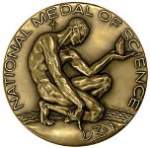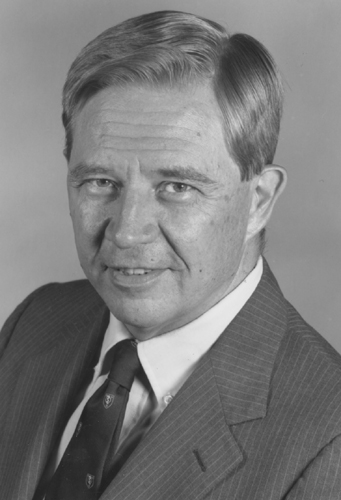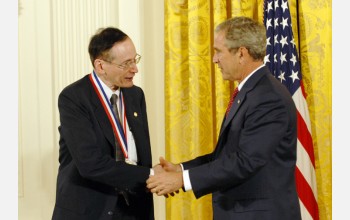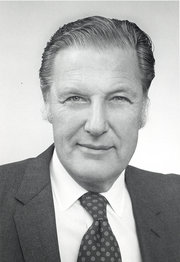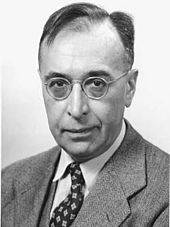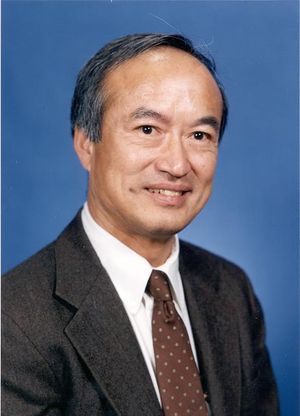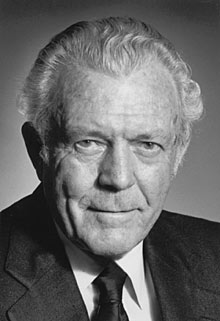Arthur Kornberg National Medal of Science Awarded In 1979
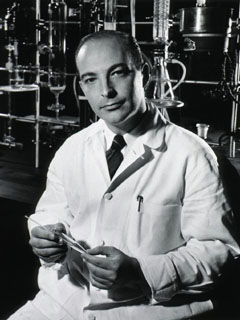
Arthur Kornberg
Award Name : National Medal of Science
Year of Award : 1979
Award for : Biology
Location : Brooklyn, New York, United States
Arthur Kornberg was an American biochemist who won the Nobel Prize in Physiology or Medicine 1959 for his discovery of "the mechanisms in the biological synthesis of deoxyribonucleic acid (DNA)" together with Dr. Severo Ochoa of New York University. He was also awarded the Paul-Lewis Award in Enzyme Chemistry from the American Chemical Society in 1951, L.H.D. degree from Yeshiva University in 1962, as well as National Medal of Science in 1979. Kornberg was born in Brooklyn, New York, on March 3, 1918, to Joseph Kornberg and Lena Katz. He received his undergraduate degree in science from the City College of New York in 1937 and the M.D. degree from the University of Rochester in 1941. He died on October 26, 2007 in Stanford, California, United States. Since 1991, he switched his research focus from DNA replication to inorganic polyphosphate (poly P), a polymer of phosphates that likely participated in prebiotic evolution and is now found in every bacterial, plant and animal cell. Neglected and long regarded a molecular fossil, he has found a variety of significant functions for poly P that include responses to stresses and stringencies and factors responsible for motility and virulence in some of the major pathogens.
